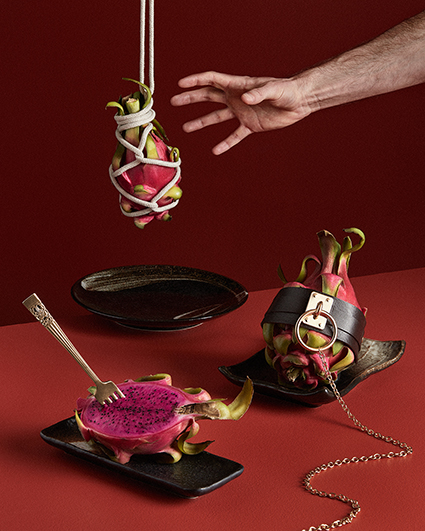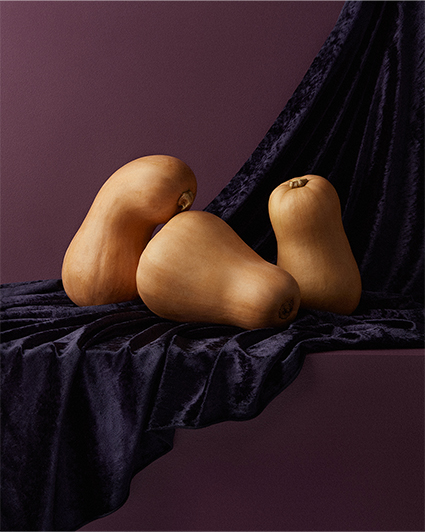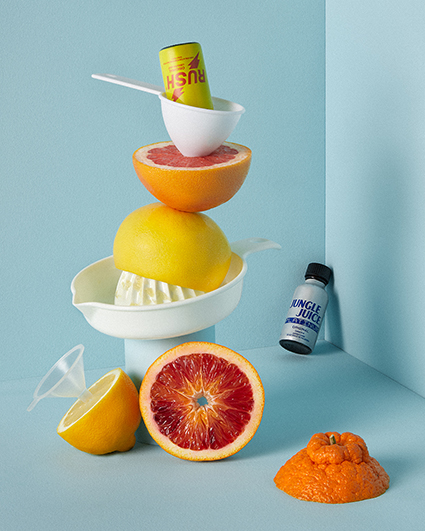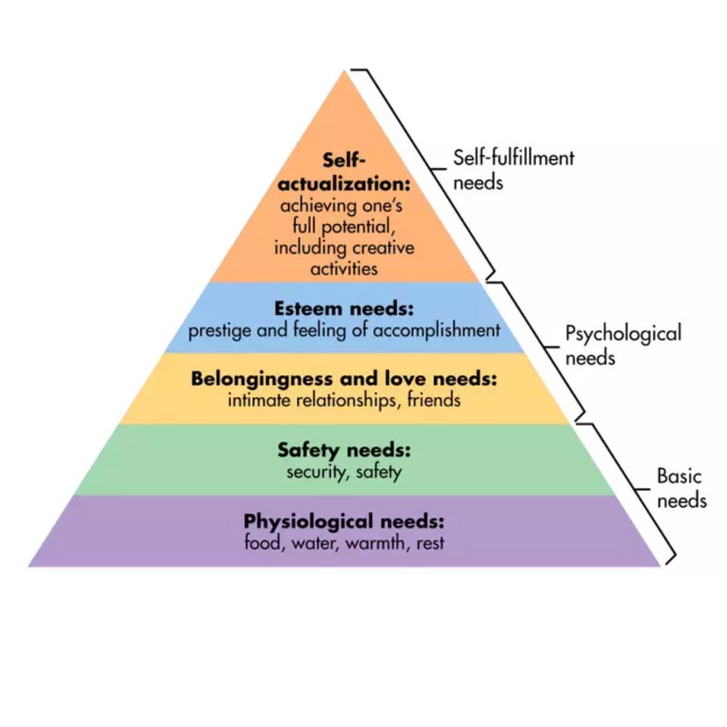The rug was well and truly pulled from under us in March 2020, when we went into lockdown. There was however a sense that this was temporary and we tried to see it as novel, an opportunity for rest, a reset, time to get in touch with our creative energy. Community spirit and collective positivity kept us going as we assumed this would only be for a couple of months at worst. The lucky ones had to adapt to working from home, the not so lucky ones experienced loss of income, jobs, businesses, homes and loved ones.
Currently, there’s no end in sight and a disappointingly sluggish vaccine roll out, many aren’t entitled to financial support, non-Australian residents have been forced to head home, leaving our entertainment and creative arts industries in tatters. So how is all of this impacting our psyche and relationships?
 When you compare this collective experience with Maslow’s Hierarchy of Needs, the pandemic has rocked the very foundations of what we, as humans need to survive and thrive. If we look at the challenges faced in relationships and family dynamics in lockdown, we see people forced to spend too much time together at home under heavy restrictions, with high levels of anxiety about the unknown. Over the last year we’ve experienced more relationship break downs in society than ever in history. People have been forced to face their relationships head on, with no way to avoid or escape unhealthy dynamics. In some cases, leaving people feeling unsafe or unhappy in their relationships and homes. The two most critical needs in Maslow’s Hierarchy might seem to be met in lockdown, but in many cases it’s quite the opposite. With domestic and family violence cases rising and job security constantly in flux, it’s a tense time to be in a relationship and under house arrest.
When you compare this collective experience with Maslow’s Hierarchy of Needs, the pandemic has rocked the very foundations of what we, as humans need to survive and thrive. If we look at the challenges faced in relationships and family dynamics in lockdown, we see people forced to spend too much time together at home under heavy restrictions, with high levels of anxiety about the unknown. Over the last year we’ve experienced more relationship break downs in society than ever in history. People have been forced to face their relationships head on, with no way to avoid or escape unhealthy dynamics. In some cases, leaving people feeling unsafe or unhappy in their relationships and homes. The two most critical needs in Maslow’s Hierarchy might seem to be met in lockdown, but in many cases it’s quite the opposite. With domestic and family violence cases rising and job security constantly in flux, it’s a tense time to be in a relationship and under house arrest.
How have single people or those living solo navigated lockdown and isolation? Reports tell us that they’re experiencing concerning levels of loneliness, depression, social anxiety, and overall poor mental health. Never mind how exiting and entering extended lockdowns feels for solo living introverts or people with underlying social anxiety. One thing’s for sure is that checking in on friends and loved ones has never been more important. Most people in our queer communities live in share housing. We found many of the nuances around chosen family, relationships, and employment in the LGBTIQ+ community weren’t being considered as rules to survive the pandemic were made by the powers that be. There was much early confusion on how we should navigate our lives with ‘intimate partner’ and ‘bubble’ rules. Growing concerns around chronic illness became an overwhelming anxiety for many, with chosen family and housemates to constantly be taken into consideration when making any decisions. We found the new heteronormative and mononormative regulations leaving us excluded, isolated, and filled with dread trying to negotiate with lovers, partners, and roomies, whilst energy levels have never been so depleted.
So how do people manage their non-monogamous relationships in a pandemic? I surveyed twenty-eight LGBTIQ+ people who identify as polyamorous, non-monogamous and relationship anarchists to hear their experiences. There are many ways to do poly, some people do relationship hierarchy, others have multiple lovers, some people are in thrupples (triad), or established couples might open up for fun and swinging. Polyamoury is really open to what works for you, but no matter what style of poly you do, we know that poly people (umbrella term) are great at negotiation and scheduling. These useful life skills were certainly put to the test in a pandemic.
 An overarching theme from the survey was the lack of understanding from decision makers about the various types of connection people experience, which comes with heavy consequences for the vulnerable people within the community. The intimate partner bubble was certainly not inclusive, and many had to navigate their poly dynamics by teetering on the edge of rule-breaking to look after the needs of themselves, partners, lovers, and housemates. People tended to interpret the rules differently to fit their needs, but that wasn’t just polyamorous folks. Others said they just didn’t want to test it out of fear. It’s wild to comprehend a virus that can be basically airborne and in turn life threatening to anyone with a compromised immune system. Such a strange feeling to realize that we could potentially be dangerous to the people we care about.
An overarching theme from the survey was the lack of understanding from decision makers about the various types of connection people experience, which comes with heavy consequences for the vulnerable people within the community. The intimate partner bubble was certainly not inclusive, and many had to navigate their poly dynamics by teetering on the edge of rule-breaking to look after the needs of themselves, partners, lovers, and housemates. People tended to interpret the rules differently to fit their needs, but that wasn’t just polyamorous folks. Others said they just didn’t want to test it out of fear. It’s wild to comprehend a virus that can be basically airborne and in turn life threatening to anyone with a compromised immune system. Such a strange feeling to realize that we could potentially be dangerous to the people we care about.
If you were to follow a humans’ daily movements (pre-pandemic), you’d realise quite quickly just how much human contact we have from day to day. Due to this, we had to abruptly make changes to our lifestyles to limit human contact for the safety of ourselves and our loved ones. But what if your loved ones don’t live with you? What if your loved ones aren’t partnered or have kids? Where do they fit in? What if you have a primary partner that you live with in Melbourne and a lover in Sydney that you’ve agreed to see only whilst interstate or worse still a lover overseas? Well, the poly community have had to adapt, and it hasn’t been a walk in the park (ironically, for a while that’s all we could do). The survey participants told me that poly people are now exploring online dynamics more out of necessity, which you would expect I suppose. Poly communities are known to have a strong online presence and have been using this tool to their benefit for some time. The difference now is it’s become essential. Suspension of in person events has impacted the poly community greatly, reducing places to meet and connect. A lot of poly people are part of the swinging and BDSM communities, who rely on in-person meets to play! Without physical opportunities, many have had to keep new relationships virtual. Although survey respondents find it very hard maintaining relationships without face-to-face encounters, many said they see it as too risky to physically include new people in their relationships during lockdowns.
One of the biggest struggles recorded has been for people with intimate partners who live elsewhere. That could be outside their 5km bubble, with sick housemates, with another partner or family, interstate or abroad. This means many poly people have been almost forced into monogamy or singledom, to keep themselves and their loved ones safe. During times of flux with lockdowns and restrictions easing, we find ourselves in and out of social spaces, requiring constant renegotiation. It’s difficult to make plans at a time when we’re feeling depleted and much more energy is required to socialise outside the home. Interestingly, survey respondents mentioned starting to look within their friendship circles for play partners and new dynamics, which wasn’t something they had previously considered. Others explored communal living, inviting partners into already established living dynamics out of necessity. This didn’t seem to work long-term for many of the respondents.
Kink, fetish and sexuality spectrums sometimes play a role in why people practice polyamory. In some circumstances, people who are multi-gender attracted (bisexual, pansexual) crave connection with lovers of different genders from their current partner. Sometimes with fetishes and differing libidos, people choose to access sex workers rather than form additional relationships. Interestingly, the adult industry wasn’t deemed an ‘essential service’ during a pandemic (even though we spent a good portion of it wanking!) Many sex workers aren’t entitled to financial support during lockdowns and currently the three big Aussie banks still won’t allow sex workers to open a bank account. Most Interestingly, a lot of Sex workers identify as LGBTIQ+ and/or poly and have certainly felt the conservative nature of how their industry has been viewed throughout the pandemic. When it comes to intercourse, safer sex protocols have had to become good practice for anyone who is practicing promiscuity in a covid normal.
 Why bother being poly if it has become so difficult? People are poly for many reasons and maybe this pandemic has taught us more than we realise about the power of choice. Often humans have different needs that don’t fit within the neat little monogamous box that society asks we fit our relationships into. These different styles of relationships give us the freedom to express ourselves fully with differing levels of intimacy and connection. For instance, when someone explores their sexuality in a range of different ways, polyamory can really work for them. An example could be someone with a primary partner that they love dearly, who’s asexual. Often asexual people only want romantic, social and non-sexual connection. The couple could open their relationship, so the person with the higher libido can find sex elsewhere and the asexual person can find social and romantic connection with a range of people. Does it mean they care for each other any less? No, in fact it means they love and respect each other enough to see the other fulfilled. What a time to be alive!
Why bother being poly if it has become so difficult? People are poly for many reasons and maybe this pandemic has taught us more than we realise about the power of choice. Often humans have different needs that don’t fit within the neat little monogamous box that society asks we fit our relationships into. These different styles of relationships give us the freedom to express ourselves fully with differing levels of intimacy and connection. For instance, when someone explores their sexuality in a range of different ways, polyamory can really work for them. An example could be someone with a primary partner that they love dearly, who’s asexual. Often asexual people only want romantic, social and non-sexual connection. The couple could open their relationship, so the person with the higher libido can find sex elsewhere and the asexual person can find social and romantic connection with a range of people. Does it mean they care for each other any less? No, in fact it means they love and respect each other enough to see the other fulfilled. What a time to be alive!
So, with all of that said, Here’s what we’ve learnt:
• Conservative beliefs, mononormativity and heteronormativity are a major challenge to overcome in society in general, never mind a during a pandemic, but we’re working on it.
• Polyamory often isn’t priority in a pandemic: safety and survival come first.
• Relationships aren't about the time spent apart, but the time spent together.
• Time apart is an important and healthy practice in intimate relationships.
• Communication is a key survival tool and can help to create strong relationships that have longevity.
• Sex work is real work and can be an ethical way to do non-monogamy.
• Regardless of how you love, not all relationships can survive a pandemic and that’s no one’s fault.
Blog image curation by Carlos Mantilla: 'Couple with a Third', 'The Rice Queen' & 'Loosen Up' by David Thai.
__________________________

